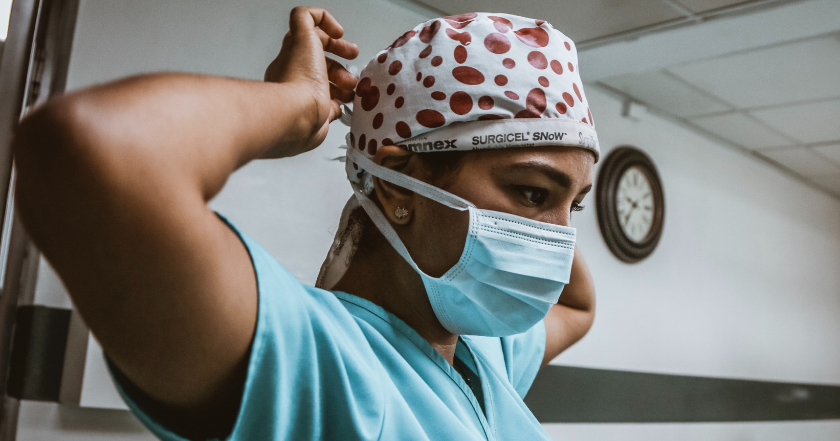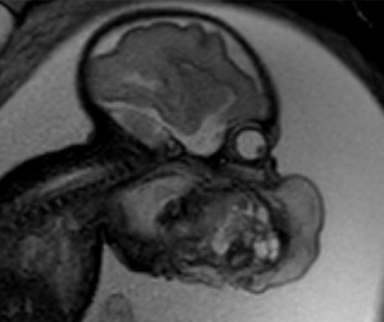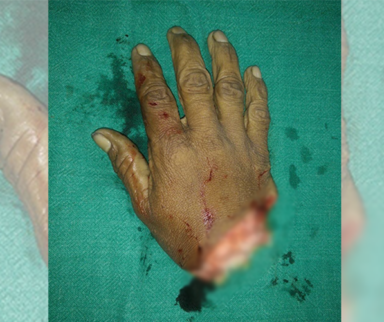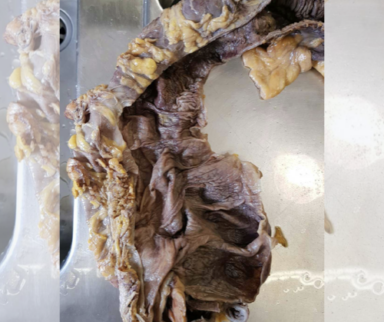
Between the late nights and the challenging nature of medicine, the life of a healthcare professional can be an exhausting one. And as the pandemic wears on, the sense of burnout only worsens.
But even in hard times, the medical community is resilient and tight knit. Online platforms help healthcare professionals voice their doubts, vulnerabilities, frustrations, or just find comfort and connection through sharing what’s on their minds. Here’s some of what we’ve seen on #MedTwitter to help answer what is burnout, how is it impacting the community, and how to cope.
Burnout Starts Early
Dr. Vineet Chopra, an associate professor at the University of Michigan, commented how “sobering” it was for him as an educator to see how early burnout begins. A presentation the Society of Hospital Medicine conference revealed that symptoms of burnout hit medical students in their second year of medical school – a feeling that eventually “crescendos” during residency.
An Accumulation of Thousands of Difficulties That Distract From the Goal
Dr. Richard Byyny (@rbyyny), an emergency physician, shared insights from a presentation given by Dr. Holly Humphrey (@HollyJHumphrey) on burnout. Yes, the hours of paperwork, the countless clicks on an EMR to perform the simplest of tasks, and the alerts that are so overwhelming they get ignored are all part of it.
But burnout is more than the frustration of everyday obstacles – it’s the lost sense of direction that comes with facing those challenges.
State of Moral Distress
Burnout is also a state of moral distress. Many students choose medicine out of compassion and a desire to help people. But the thousands of obstacles they face every day – from astronomical debt and lack of mental health resources, to the impersonal environment and competitive nature – can eventually drive them further and further from the purpose with which they entered medicine.
Instead of promoting the real art of medicine, it produces students who are exhausted, cynical, and decreasingly productive.
In a Stat News article, Drs. Wendy Dean and Simon G. Talbot write:
Routinely experiencing the suffering, anguish, and loss of being unable to deliver the care that patients need is deeply painful. These routine, incessant betrayals of patient care and trust are examples of ‘death by a thousand cuts.’ Any one of them, delivered alone, might heal. But repeated on a daily basis, they coalesce into the moral injury of health care.
Coping Strategies
In terms of coping with daily burnout, a U.K. physician called for suggestions on how to manage during busy shifts. The majority say they’ll find a quiet place – whether it’s a stairwell, an empty room, or just stepping outside – to take a minute to breathe deeply and clear their minds.
Dr. Marcus Greatheart, a family physician, suggested washrooms as a convenient quiet place.
And advice given to a medical student for when self-care is no longer enough included “Take small steps moving toward a larger goal – can make it feel more manageable. And delegate tasks when you can!” and many said going to therapy is essential. Others expressed that just knowing they aren’t alone in feeling this way made a difference.
Published April 2019; updated January 7, 2022
Join the Conversation
Register for Figure 1 and be part of a global community of healthcare professionals gaining medical knowledge, securely sharing real patient cases, and improving outcomes.


